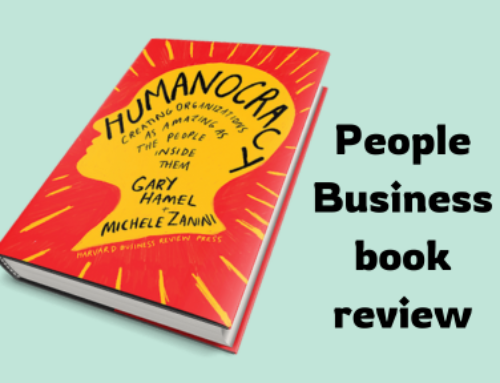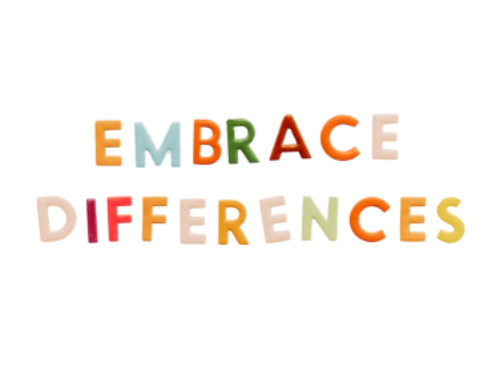What to look for in a business coach
Coaching is not therapy, but it is a great way of creating a better understanding of ‘how you tick’. Traditional training courses are a highly effective way to update skills and knowledge and a great way of networking with similar people from outside of your organisation. Coaching works in a different, often deeper way. It develops you both in a professional and personal way:

Selecting a Coach
If you search for a coach on the internet you will be overwhelmed by the choice available. Discuss your needs with a Line Manager, your HR department or other trusted advisor at work. They may be able to make a recommendation.
If not, try contacting a training provider as they will usually have access to trained and qualified coaches.
Some coaches specialize in the type of individual that they coach. For example, women returning to work after maternity leave, newly promoted Managers or Managers wanting to make the step up to Director.
We recommend that you discuss in detail your requirements with a reputable provider and meet at least two coaches prior to your selection.
The first meetings are usually free of charge and are called ‘chemistry’ sessions. These are designed to help you make the best choice according to your specific needs.
Don’t make your choice based on how ‘nice’ a coach came across. Be honest with yourself, you will need a coach who can challenge your assumptions and current ways of working in a positive way that makes you work more effectively.
|
If you need a coach to push you forward in your career, give our licensed and professional coaches a call on 01932 874 944Or email: info@peoplebusiness.co.uk
|



